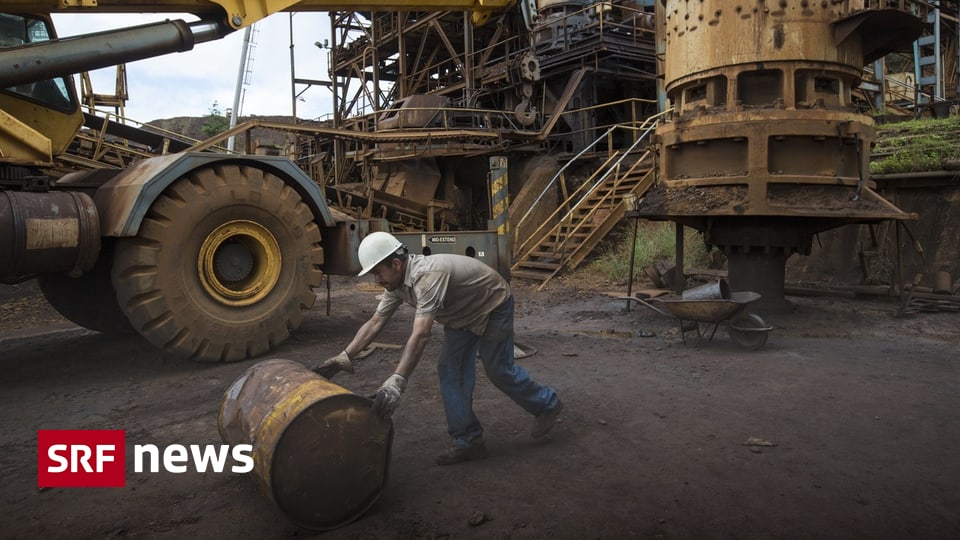Contents
Large reserves of raw materials can mean that a country ends up worse off than without the raw materials. How come?
What is meant by resource curse? Resource curse or resource trap describes the phenomenon that a country is rich in raw materials, but this wealth can lead to negative consequences for a country. A country can end up worse off than without the valuable raw materials.
What are the risks associated with a new raw material deposit? When large reserves of raw materials are found in a poor country, great hopes are raised. But the occurrence also comes with risks. The development economist Fritz Brugger from ETH Zurich names possible risks in three areas:
Access: How is access to these raw materials regulated? What contractual conditions are negotiated with the mining companies?The mining: What are the environmental impacts? How will local communities living in the resource-rich area be treated? What is particularly important for appreciation is how closely the raw materials companies are connected to the local economy. Do they use local suppliers? Are the raw materials processed in your own country?The income: Does all the revenue that the country is entitled to really end up in the state treasury? How does the government spend this?
Legend: Raw materials often bring enormous wealth. That should actually have a positive effect on a country and its economy. Nevertheless, the opposite often happens. Keystone/AP/Rodrigo Abd (02.11.2017)
What happens to the funds? In some cases, not all of the forecast revenue ends up in the state treasury, for example if taxes are not paid in full. The money in the state treasury is then used to pay ongoing expenses in the state budget. Or it is needed for prestige projects that do not serve development, explains Brugger, who heads the Center for Development and Cooperation at ETH Zurich (NADEL).
What should the funds be used for? According to economist Brugger, the income should be used for sustainable investments with long-term benefits. “If that doesn’t work, there’s a good chance that the country will end up poorer than it was before.”
Legend: Governments should invest income sustainably: “This includes the entire infrastructure: water supply, hospitals, education. But also investments in human capital and natural capital. Investments should be made in energy generation systems and electricity distribution,” says Fritz Brugger, giving a few examples. imago images/Daniel Heuclin/Avalon (03/12/2009)
Why do governments often not make sustainable investments? “That has to do with the sheer size of these funds,” explains Fritz Brugger. “They arouse desire. Many are imagining ways to use the money to secure their power or to use it for their own projects.” If the separation of powers and mutual control did not work, those in power would essentially have a free hand. The country’s interest is not in the foreground.
What examples are there of countries threatened by the resource curse? South American Guyana is an example of a country threatened by the resource curse. In 2015, gigantic oil deposits were discovered off the coast of Guayana Esequiba. The US company Exxon Mobil began setting up oil production. The volume of the oil fields is estimated at 10 billion barrels of oil. Neighbor Venezuela also claims the area in which the oil field is located. At the beginning of December, the people of Venezuela also voted for the annexation of the resource-rich Essequibo region in the neighboring state of Guyana.
